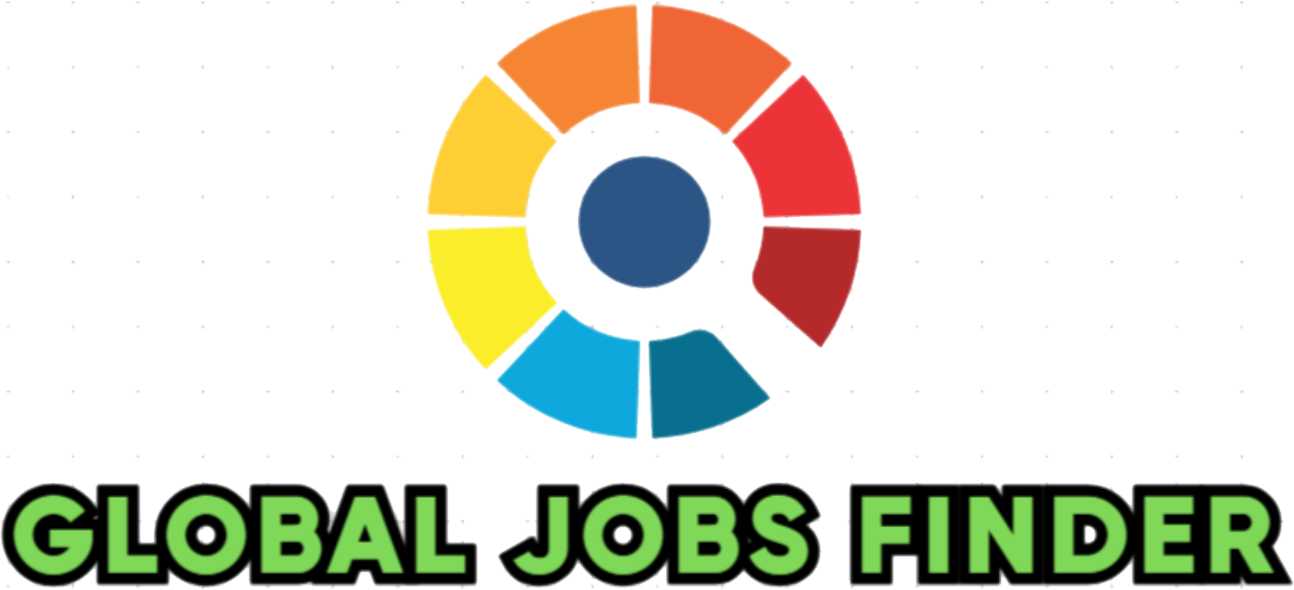
Mental Health Assessment
FollowOverview
-
Founded Date November 26, 1985
-
Sectors Logistic Transport
-
Posted Jobs 0
-
Viewed 12
Company Description
See What Mental Health Assessment Tool Kit Tricks The Celebs Are Using
Mental Health Assessment Tool Kit: A Comprehensive Guide
Mental health is a necessary element of overall wellness, yet it often stays ignored in both personal and professional spheres. To resolve this growing concern, a mentally healthy society needs effective assessment tools to identify, measure, and monitor mental health issues. A Mental Health Assessment Tool Kit can offer individuals and healthcare professionals with the resources required for acknowledging mental health conditions, helping with treatment, and promoting preventive methods.
What is a Mental Health Assessment Tool Kit?
A Mental Health Assessment Tool Kit is a compilation of numerous tools, resources, and guides developed to help evaluate mental health status. These tool kits can be used by mental health experts, educators, companies, or anybody thinking about comprehending mental health much better. They frequently include questionnaires, diagnostic requirements, screening tools, and more to evaluate psychological conditions such as depression, anxiety, PTSD, and other mental health disorders.
Key Components of a Mental Health Assessment Tool Kit
-
Screening Tools
Screening tools generally consist of standardized questionnaires that assess particular mental health conditions. They offer an initial evaluation and are instrumental in identifying signs that may require further assessment.Examples of Screening Tools:
- Patient Health Questionnaire-9 (PHQ-9) for depression
- Generalized Anxiety Disorder-7 (GAD-7) for anxiety
- PTSD Checklist for DSM-5 (PCL-5) for trauma
-
Diagnostic Criteria
Diagnostic requirements based on standardized guidelines like the DSM-5 (Diagnostic and Statistical Manual of Mental Disorders) assist mental health experts make informed medical diagnoses. This ensures that the assessments are constant and rooted in acknowledged medical practices. -
Self-Assessment Resources
Self-assessment resources empower people to reflect on their mental health. These may consist of journals, worksheets, or interactive tools that guide individuals through a self-evaluation process. -
Details Guides
Educational materials to boost understanding of mental health concerns. These guides may cover subjects such as coping mechanisms, treatments, and the value of early intervention. -
Recommendation Resources
A list of regional mental health services and emergency support resources enables prompt intervention. This is critical for people who may need additional professional help.
Table: Essential Tools Included in a Mental Health Assessment Tool Kit
| Tool Type | Description | Example |
|---|---|---|
| Screening Tools | Questionnaires for sign evaluation | PHQ-9, GAD-7, PCL-5 |
| Diagnostic Criteria | Standardized requirements for diagnosis | DSM-5 Guidelines |
| Self-Assessment Resources | Tools for individual evaluation | Worksheets, online quizzes |
| Information Guides | Educational resources on mental health | Sales brochures, truth sheets |
| Referral Resources | Contact info for services | Lists of local therapists |
Importance of a Mental Health Assessment Tool Kit
Mental health tool kits are important for a number of factors:
- Early Detection: They help with early identification of mental health problems, which can lead to timely interventions and enhanced outcomes.
- Standardization: Use of standardized tools makes sure that assessments are reliable and valid, helping preserve consistency in diagnosis and treatment.
- Awareness and Education: They inform individuals about mental health, minimizing stigma and encouraging open discussions relating to mental well-being.
- Empowerment: Self-assessment tools empower people to take charge of their mental health, encouraging proactive management of their wellness.
How to Utilize a Mental Health Assessment Tool Kit
-
Start with Screening: Engage with screening tools to identify prospective mental health concerns. Address the questions truthfully to get the most accurate assessment.
-
Evaluation Diagnostic Criteria: If the screening suggests a possible problem, review the diagnostic requirements associated with your signs to see if they line up.
-
Conduct Self-Assessment: Use self-assessment resources to much better understand your feelings and habits. Keeping a mental health journal can provide insights into your psychological patterns gradually.
-
Look For Professional Help if Necessary: If the assessment indicates severe concerns, reach out to mental health professionals for assistance and support.
-
Stay Informed: Regularly refer to info guides to stay informed about brand-new findings in mental health care and resources readily available to you.
Frequently Asked Questions About Mental Health Assessment Tool Kits
Q1: Who can utilize a Mental Health Assessment Tool Kit?A: Anyone can use
these tool packages, consisting of individuals, families, educators, and healthcare specialists.

Q2: Are mental health assessments accurate?A: Mental health assessments, especially those making use of standardized tools, are usually accurate; however, they ought to not replace professional diagnostic examinations. Q3: How often ought to one assess their mental health?A:
Individuals are encouraged to examine their mental health regularly,
particularly throughout considerable life changes or stressors. Q4: Can these tools replace therapy?A: No. While they work for self-evaluation, they do not change
the requirement for expert therapy if major problems are identified. Q5: Where can I find a Mental Health Assessment Tool Kit?A: Tool sets can frequently be discovered online through mental health companies
, universities, or regional healthcare providers. In conclusion, a
Mental Health Assessment Tool Kit acts as an important resource for anyone thinking about comprehending and monitoring mental health. By providing vital tools for assessment, it makes it possible for individuals and professionals to identify mental health concerns successfully and foster proactive management of well-being. As mental health awareness continues to grow, these tool packages play an important function in producing an informed and supportive community.
